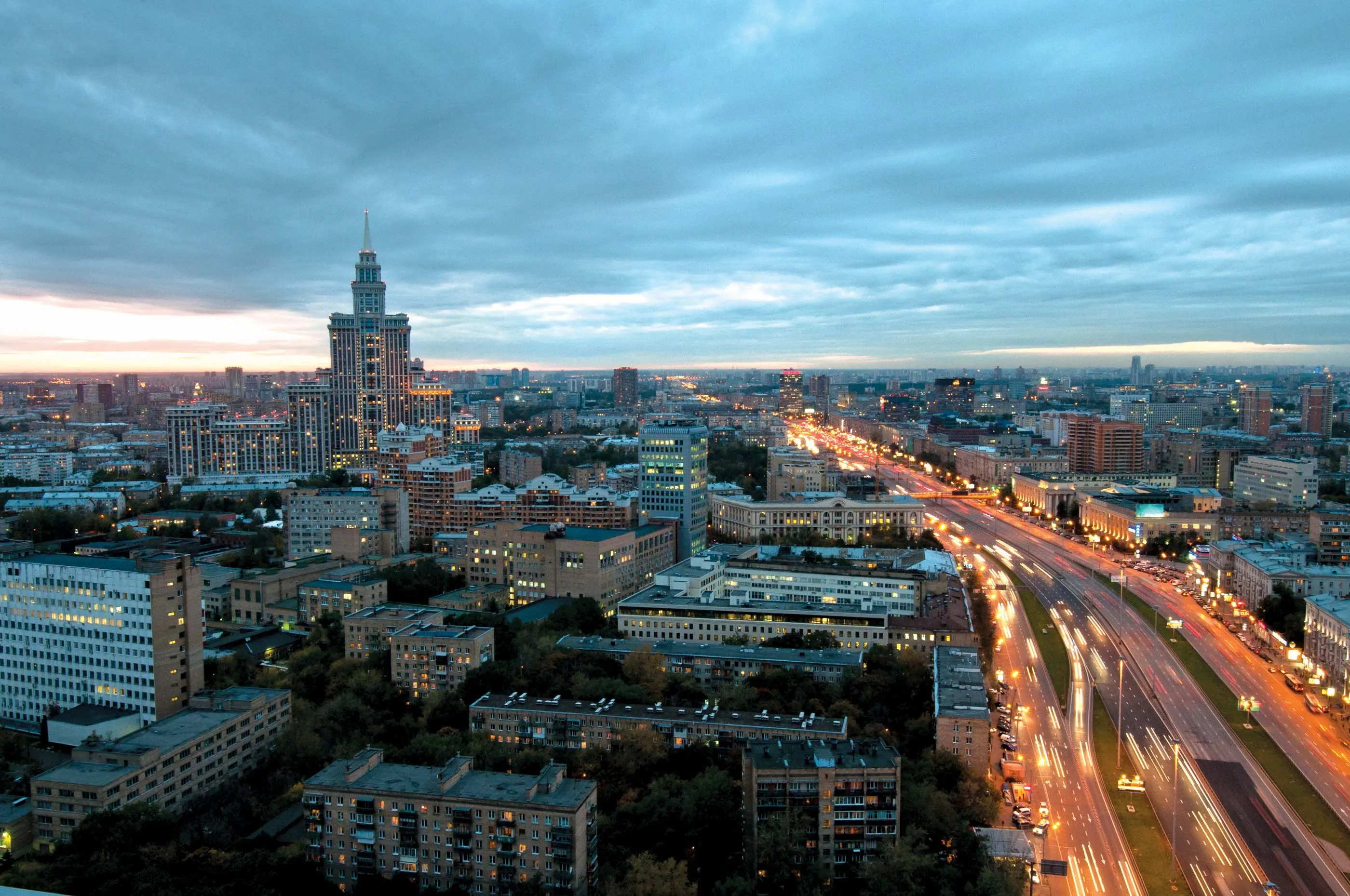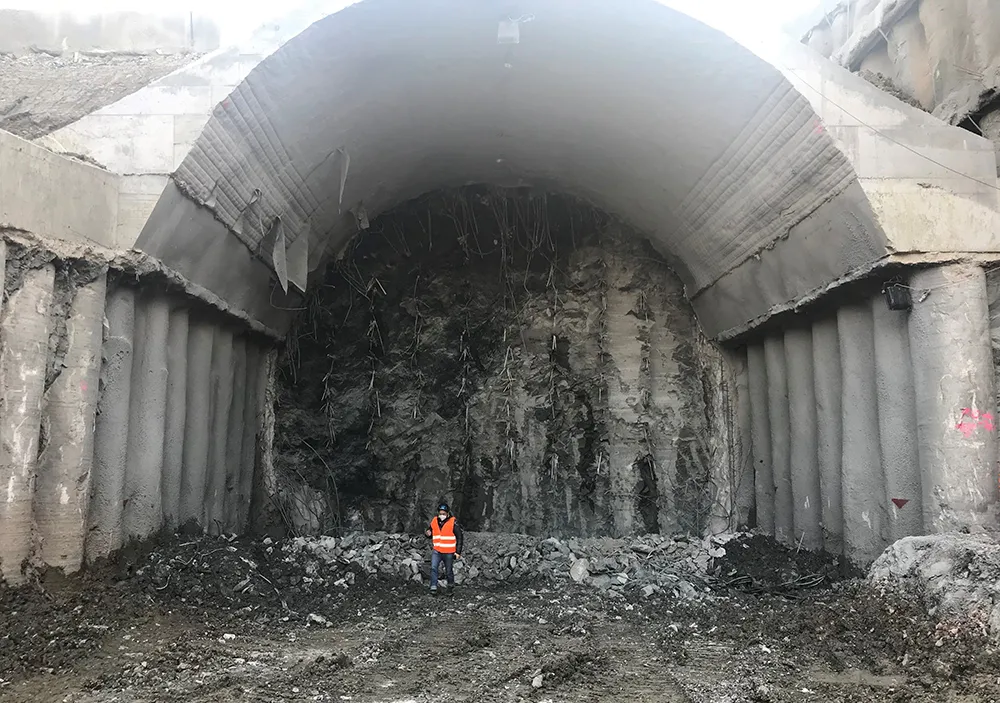A tender call for the first, US$940 million stretch of the Américo Vespucio Oriente underground expressway (AVO) in Chile’s capital Santiago Chile's has been issued by the public works ministry (MOP). The prized 40-year concession entails building and operating a 9.3km underground expressway running from El Salto avenue to Príncipe de Gales avenue. The tunnel will stretch over two different levels, each one hosting a one-way, three-lane expressway. Road capacity along the route will increase to 8,000 vehicl
August 1, 2013
Read time: 2 mins
A tender call for the first, US$940 million stretch of the Américo Vespucio Oriente underground expressway (AVO) in Chile’s capital Santiago Chile's has been issued by the public works ministry (MOP).
The prized 40-year concession entails building and operating a 9.3km underground expressway running from El Salto avenue to Príncipe de Gales avenue. The tunnel will stretch over two different levels, each one hosting a one-way, three-lane expressway.
Road capacity along the route will increase to 8,000 vehicles per hour from a current 3,000 vehicles per hour, in a push to mitigate the city increasing traffic jams.
The AVO project was originally conceived of to be the missing link in a beltway that runs around Santiago. As such, it was originally earmarked to span underground north to south for 13km, joining El Salto with the Rotonda Grecia.
However, opposition from inhabitants of the La Reina and Peñalolén districts to the last 4km-stretch of the tunnel pushed the government, which is leaving office in March 2014, to split the project and call a tender only for the first 9.3km stretch.
The responsibility for the AVO's final stretch will pass on to the new elected president. The current government led by Sebastian Piñera will leave office four months after the presidential election takes place in November 2013.
Parties interested in bidding for the first stretch have until November 22 to submit their offers.
The prized 40-year concession entails building and operating a 9.3km underground expressway running from El Salto avenue to Príncipe de Gales avenue. The tunnel will stretch over two different levels, each one hosting a one-way, three-lane expressway.
Road capacity along the route will increase to 8,000 vehicles per hour from a current 3,000 vehicles per hour, in a push to mitigate the city increasing traffic jams.
The AVO project was originally conceived of to be the missing link in a beltway that runs around Santiago. As such, it was originally earmarked to span underground north to south for 13km, joining El Salto with the Rotonda Grecia.
However, opposition from inhabitants of the La Reina and Peñalolén districts to the last 4km-stretch of the tunnel pushed the government, which is leaving office in March 2014, to split the project and call a tender only for the first 9.3km stretch.
The responsibility for the AVO's final stretch will pass on to the new elected president. The current government led by Sebastian Piñera will leave office four months after the presidential election takes place in November 2013.
Parties interested in bidding for the first stretch have until November 22 to submit their offers.







